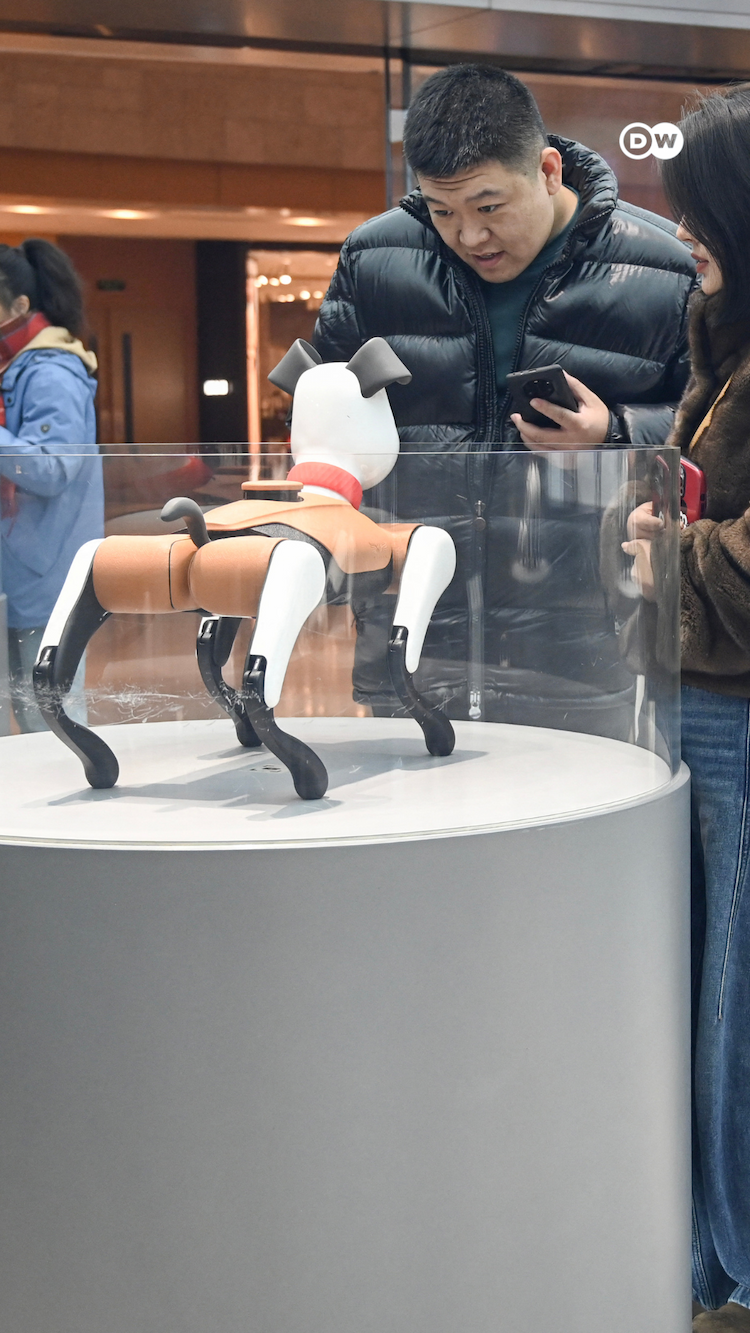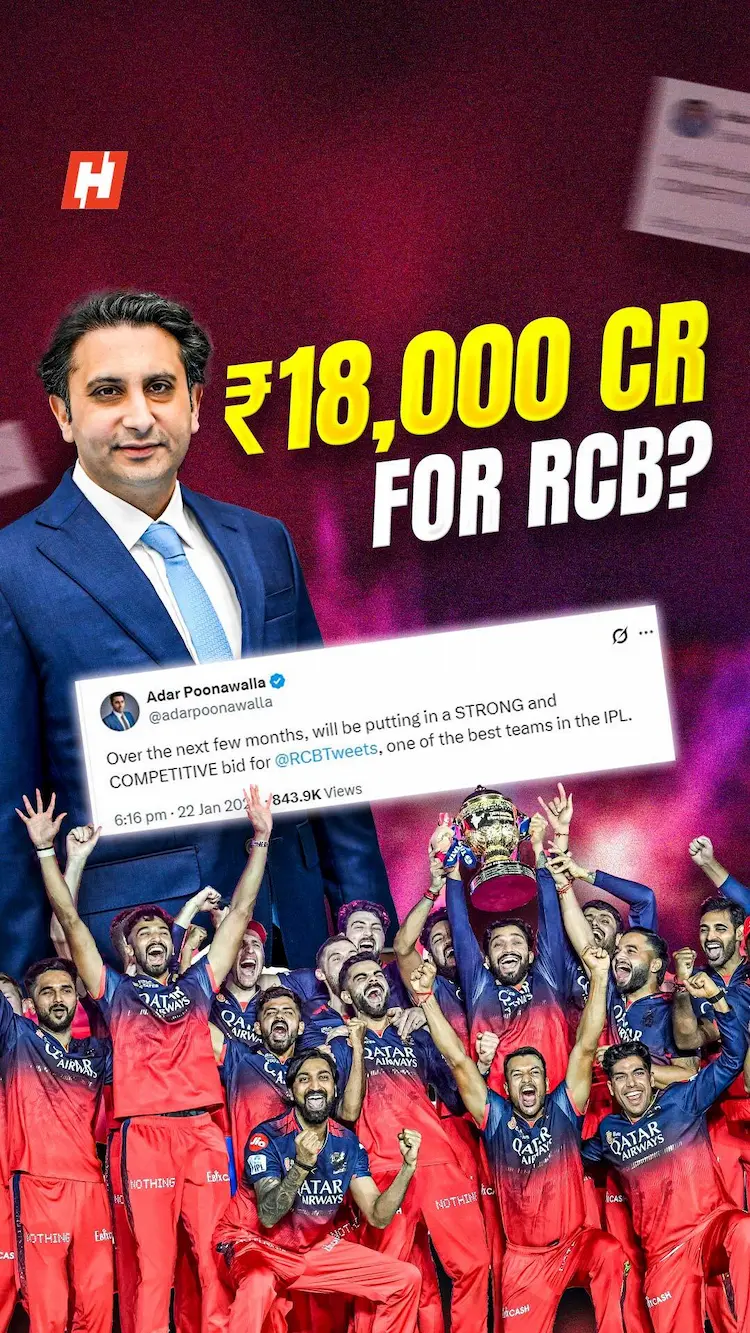JPMorgan Employee Fired for Questioning WFH Policy—Then Rehired! What Went Down?
The debate over remote work continues to be a hot topic, and JPMorgan Chase is at the center of the latest controversy. While many companies have embraced hybrid work models, JPMorgan’s CEO, Jamie Dimon, has taken a firm stance against it. His message is clear: no hybrid work, no work from home—only office attendance.
Employee Challenges the Mandate
At a company town hall meeting, Nicholas Welch, a JPMorgan employee, decided to challenge the strict return-to-office (RTO) policy. Welch, who is dealing with a divorce and childcare responsibilities, questioned whether the policy could be made more flexible. His reasoning? His global team operates across multiple time zones, making an in-office mandate seem unnecessary. His proposal: allow team managers to decide on remote work arrangements.
The Crowd Applauds, the Company Reacts
Welch’s question resonated with employees, receiving strong support from the audience. However, JPMorgan’s leadership had a different response. Shortly after the town hall, Welch was reportedly fired—sparking outrage and media scrutiny. The move raised concerns about the company’s openness to employee feedback and whether speaking up against company policies was a career risk.
Reinstated After Backlash
As media coverage of Welch’s firing gained traction, backlash from both employees and the public followed. Facing mounting pressure, JPMorgan made a surprising reversal and reinstated Welch. The decision suggests that the company recognized the potential reputational damage and employee dissatisfaction that could arise from punishing open dialogue.
What This Means for the Future of WFH
The incident raises important questions: Did Welch’s stand help push the conversation forward? Or did it prove that challenging rigid corporate policies is still risky? While JPMorgan has not changed its stance on in-office work, this controversy highlights the ongoing struggle between employees and employers over flexibility in the modern workplace.
As the work-from-home debate rages on, one thing is certain—employees are increasingly willing to voice their concerns, and companies are being forced to listen. Whether that leads to lasting change remains to be seen.









